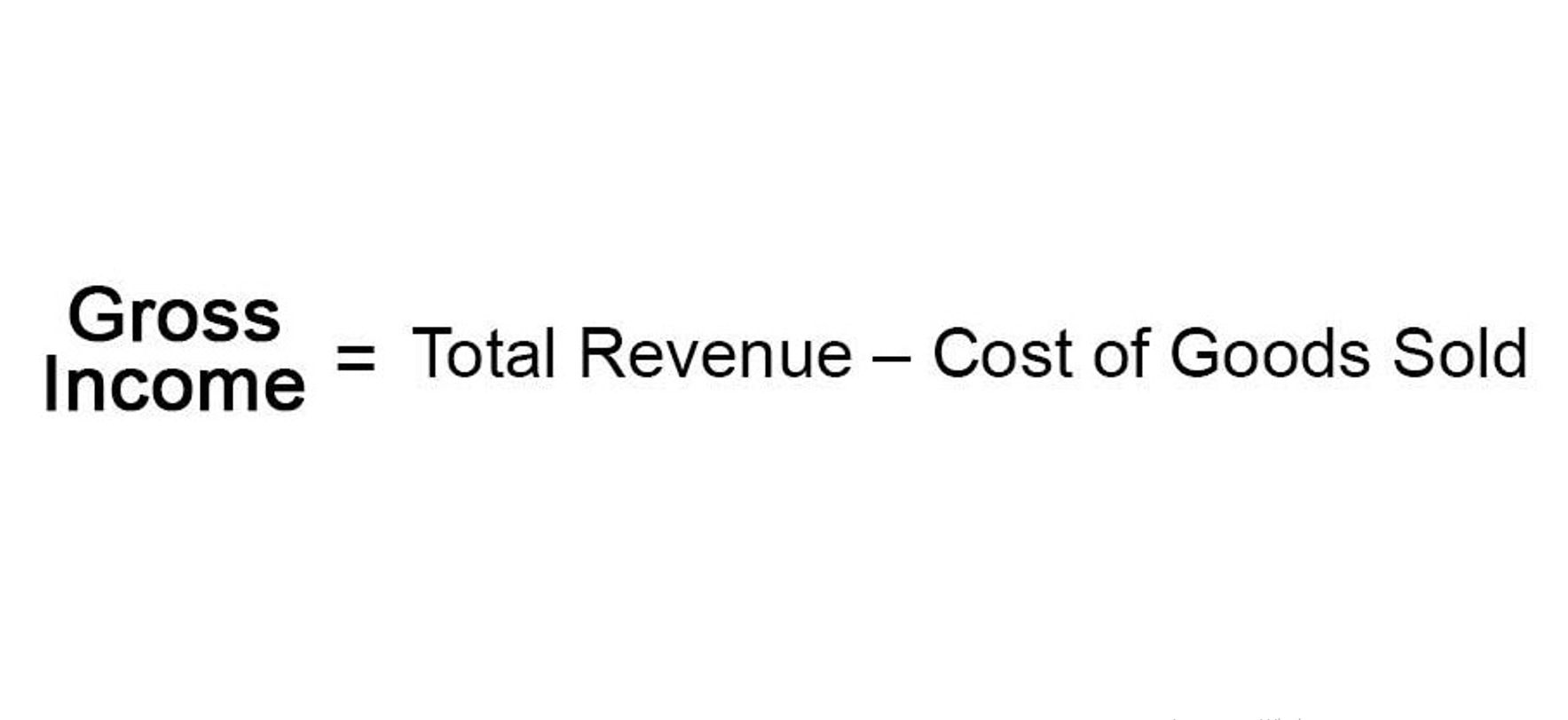
If they are still not equal, you will have to repeat the process of reconciliation again. The next step is to adjust the cash balance in the business account. Investing in alternative assets involves higher risks than traditional investments and is suitable only for sophisticated investors. Alternative investments are often sold by prospectus that discloses all risks, fees, and expenses. They are not tax efficient and an investor should consult with his/her tax advisor prior to investing.
How Checks Work
Outstanding checks aren’t necessarily inherently bad; however, there are some risks and downsides to have checks linger. Julia Kagan is a financial/consumer journalist outstanding checks and former senior editor, personal finance, of Investopedia. If you discover you have an outdated check, don’t panic—you might still be able to get your money.
Ask Any Financial Question
Both certified checks and cashier’s checks are considered more secure than personal checks. Cashier’s checks are signed by banks and drawn against a bank’s account, while certified checks are signed by an individual and drawn against a personal account. Both checks are guaranteed by the bank, which makes them more secure. Other checking account fees can include a monthly service fee, a per-check fee (a charge for every check you write), a check printing fee, and a returned deposit item fee.

How much are you saving for retirement each month?
The payee cannot cash or deposit the check once a stop payment has been issued.The payer’s bank has no way of knowing that a check has been written until the payee deposits or cashes the check. Besides the liability it creates, the payor may forget that they wrote the check and spend money allocated for the check. When the payee cashes the check, and their bank tries to pull funds from the payor’s account, the payor will get hit with an overdraft or non-sufficient funds (NSF) fee. The payor can void these fees using overdraft protection on their checking account. An outstanding check primarily serves as an instrument for an individual or corporation to make payments or transactions without needing to handle cash directly. For instance, a business might use an outstanding check to pay its suppliers or employees, as it offers the convenience of handling large payments securely and efficiently.
About Our Editorial Process
The value of the investment may fall as well as rise and investors may get back less than they invested. There is also a memo line in the bottom left corner of the check. The payor may use it to make notes, such as a reference number, an account number, or any particular reason for writing the check.
Can You Cash Voided Checks?
- To certify a check, it must be presented at the bank from which it is drawn, at which time the bank will ascertain its authenticity with the payor.
- Outstanding checks are a liability for the payee, but once deposited, they are reconciled against the recipient’s account.
- On your reconciliation sheet, outstanding checks are often subtracted from your balance per bank because these withdrawals have not yet happened but are simply a timing matter.
- You are entirely dependent on when the vendor decides to cash the check.
- Outstanding checks can complicate accounting because the assumption is that a check gets issued, deposited, and paid.
As mentioned above, you may need to return the original check or sign documents confirming the check is lost or destroyed. If you cannot find the issuer, consult your state’s abandoned property program to claim assets. This documentation will come in handy if you need to prove to state regulators that you made reasonable attempts to complete the payment. If an outstanding check is cashed after you asked a bank to stop the payment, you will be responsible for proving that you took the necessary steps to complete the payment. By being proactive and diligent in tracking all spending, you will have a better idea of your overall financial health and can make more suitable plans for the future.
Communicate with the Payee

Checks that are outstanding for a long period of time are known as stale checks. In the U.S., outstanding checks are considered to be unclaimed property and the amounts must be turned over to the company’s respective state after several years. Therefore, rather than allowing checks to become stale and then remitting the amounts to a state government, companies should contact the payees of any checks that have been outstanding https://www.bookstime.com/ for several months. Until it has been deposited and cleared, outstanding checks are liabilities on the payor’s balance sheet. This can be a challenge for both consumers and small business owners, because enough cash must be kept in the account drawn upon to cover outstanding checks until they are cashed. Outstanding checks can complicate accounting because the assumption is that a check gets issued, deposited, and paid.

Types of Checks
However, a bank may place a hold on some of those funds if the check exceeds $5,252. It can also place a hold on the entire amount if it has reason to believe the check will not clear. The check bounces because it cannot be processed, as there are insufficient or non-sufficient funds (NSF) in the account (the two terms are interchangeable). A cashier’s check is guaranteed by the banking institution and signed by a bank cashier, which means the bank is responsible for paying the funds.
- We also host a financial glossary of over 7000 money/investing terms to help you learn more about how to take control of your finances.
- If payments to employees or vendors remain uncashed, they eventually must turn over those assets to the state.
- When the payee cashes the check, and their bank tries to pull funds from the payor’s account, the payor will get hit with an overdraft or non-sufficient funds (NSF) fee.
- The value of the investment may fall as well as rise and investors may get back less than they invested.
- The bank will only debit the depositor’s account when the check is presented to it, and this will be paid by the bank.
- Unaccounted-for outstanding checks can disrupt the delicate balance of incoming and outgoing funds.
- Knowing when a check expires is an initial step before deciding whether to write a new check.